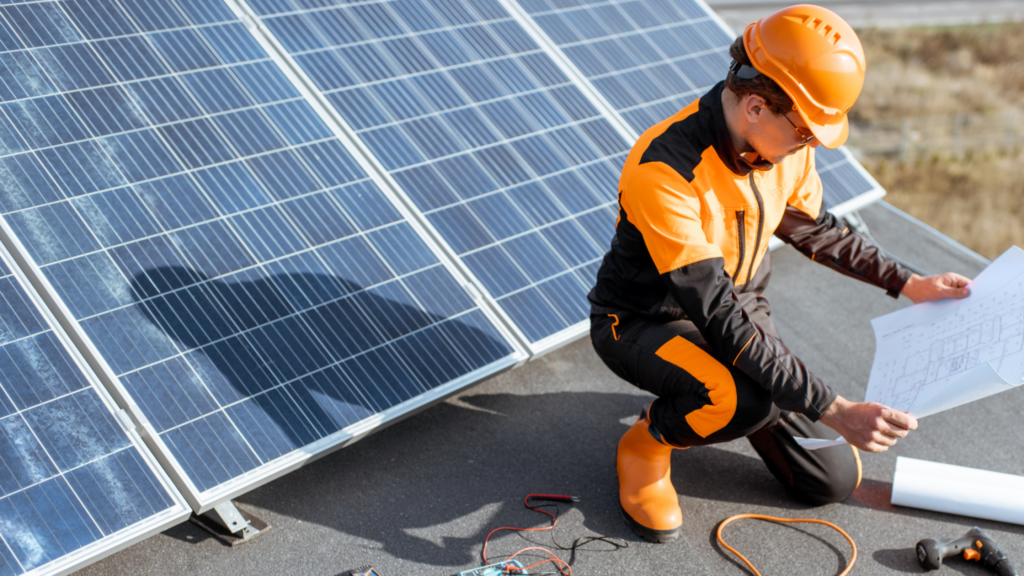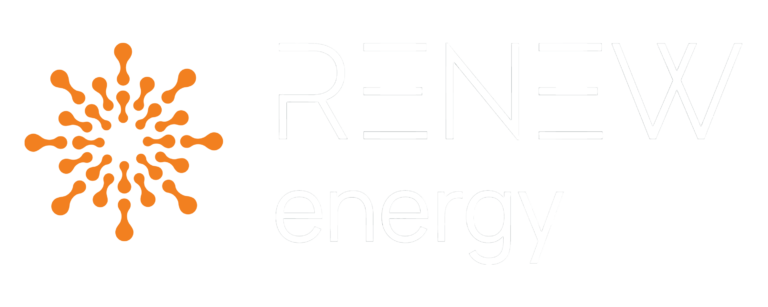As Virginia continues to push for renewable energy adoption, solar energy is becoming more accessible and attractive to homeowners. Thanks to a variety of financial incentives, including the Virginia tax credit for solar panels, homeowners are seeing the light—both literally and figuratively—when it comes to making the switch. But beyond environmental benefits, how much can you really save? Let’s dig into the ins and outs of solar tax credits and solar renewable energy credits in Virginia, so you can understand if it’s time to let the sun power your home.
Why Virginia is Going Solar in a Big Way
Virginia is a state with a unique combination of high electricity costs and abundant sunshine, which makes solar energy an excellent investment. But let’s face it—installing solar panels can be pricey. This is where the Virginia tax credit for solar panels comes in, offering homeowners an opportunity to recoup some of their initial costs. However, navigating the world of tax credits, rebates, and renewable energy credits can feel like a game of solar-powered hopscotch. Let’s break it down to make it easier to understand.
Understanding the Virginia Solar Tax Credit
One of the main attractions for homeowners considering solar energy is the federal solar tax credit, which allows you to deduct a percentage of your solar installation costs from your federal taxes. In Virginia, there are also incentives like solar renewable energy credits (SRECs) that can make your transition to solar more cost-effective. While Virginia doesn’t offer a state-level solar tax credit, homeowners can benefit from other local and federal incentives, rebates, and SRECs that help lower the overall investment cost.
Here’s the kicker: while there isn’t a direct Virginia-specific solar tax credit, you can still benefit from federal incentives. For example, the federal Solar Investment Tax Credit (ITC) allows you to deduct 30% of your installation costs from your federal taxes. Combine that with SRECs, and suddenly, the initial investment in solar doesn’t look so daunting.
What Are Solar Renewable Energy Credits (SRECs)?
SRECs are like a rewards program but for solar energy. When your solar panels generate electricity, they produce more than just clean energy—they produce solar renewable energy credits. These credits can be sold to utility companies that need to meet renewable energy goals. Think of SRECs as a side hustle for your solar panels, allowing you to earn extra cash or offset some of your installation costs. While some states have more established markets for SRECs, Virginia’s solar market is growing, and so are opportunities for homeowners to capitalize on their clean energy production.
At Renew Energy, we help homeowners understand how to maximize their investment by taking advantage of these opportunities. SRECs, coupled with potential savings on utility bills, make going solar a financially savvy move.
Eligibility Requirements for Solar Tax Credits in Virginia
Before you start counting your solar savings, let’s look at the eligibility requirements for tax credits and SRECs in Virginia. While there isn’t a state-specific solar tax credit, you’ll need to meet certain criteria to qualify for federal and local benefits:
1.Ownership of the Solar System: To qualify for the federal ITC, you must own your solar system outright. Leasing a system, unfortunately, disqualifies you from these benefits.
2.Location: Your home must be located within the state of Virginia to benefit from local SREC markets and utility rebates.
3.Installation Standards: The solar panels must be installed according to state and federal guidelines to qualify for both the ITC and SRECs. That means using certified solar installers—like our team at Renew Energy.
How Much Can Homeowners Save?
Okay, so you know you can get a tax credit and earn SRECs, but what does that look like in real dollars? Here’s a quick breakdown:
●Federal Solar Tax Credit: You can claim 30% of your total installation costs on your federal tax return. So, if your solar panel system costs $20,000, you could deduct $6,000 from your federal taxes.
●Solar Renewable Energy Credits: The value of SRECs fluctuates depending on the demand from utility companies, but in some states, homeowners can earn hundreds or even thousands of dollars per year from selling their SRECs. In Virginia, the SREC market is growing, offering increasing value to homeowners.
●Energy Savings: While every home’s solar production is different, most homeowners in Virginia save between 20-30% on their monthly electricity bills after going solar. Depending on your energy use, this could mean hundreds of dollars in savings each year.
Why Choose Renew Energy?
At Renew Energy, we don’t just install solar panels; we provide a full suite of services to help you make the most of your investment. We guide homeowners through every step of the process—from evaluating your home’s solar potential to helping you navigate tax credits and solar renewable energy credits in Virginia.
Our team of certified experts ensures that your system is designed for maximum efficiency, helping you save as much as possible. Plus, we handle all the paperwork for permits and tax credits, so you can sit back, relax, and bask in your new solar-powered home’s glow.
As a veteran-owned business with locations in Virginia Beach, Newport News, and Richmond, we’re committed to helping our community embrace renewable energy. With over 10 years of experience in the solar industry, we know the ins and outs of Virginia’s solar market. We’ve helped countless homeowners take advantage of federal tax credits and SRECs, reducing their upfront costs and maximizing their long-term savings.
How to Get Started with Solar Tax Credits in Virginia
Ready to make the leap to solar? Here’s how you can get started with Renew Energy:
1.Schedule a Free Consultation: Our team will visit your home to evaluate its solar potential. We’ll take a look at your roof, shading, and energy use to design a custom solar solution for you.
2.Review Your Financing Options: Solar energy isn’t a one-size-fits-all investment. We’ll walk you through your financing options, including loans, leases, and zero-down programs, and explain how the federal ITC and SRECs can help you save.
3.Install and Start Saving: Once your system is installed, you’ll start producing clean energy and saving money. Plus, we’ll help you navigate the SREC market to earn extra cash from your solar panels.
Conclusion
Solar energy is a smart investment for homeowners in Virginia, and with the right tax credits and SRECs, it’s more affordable than ever. While Virginia may not offer a specific state tax credit, homeowners can still take advantage of the federal Virginia tax credit for solar panels and participate in the growing market for solar renewable energy credits in Virginia.
At Renew Energy, we’re here to help you through every step of the process, from initial consultation to maximizing your solar savings. With our expertise and commitment to customer satisfaction, you can trust us to deliver a solar solution that’s as bright as your future.
Ready to see how much you can save? Contact Renew Energy today to schedule your free consultation!








